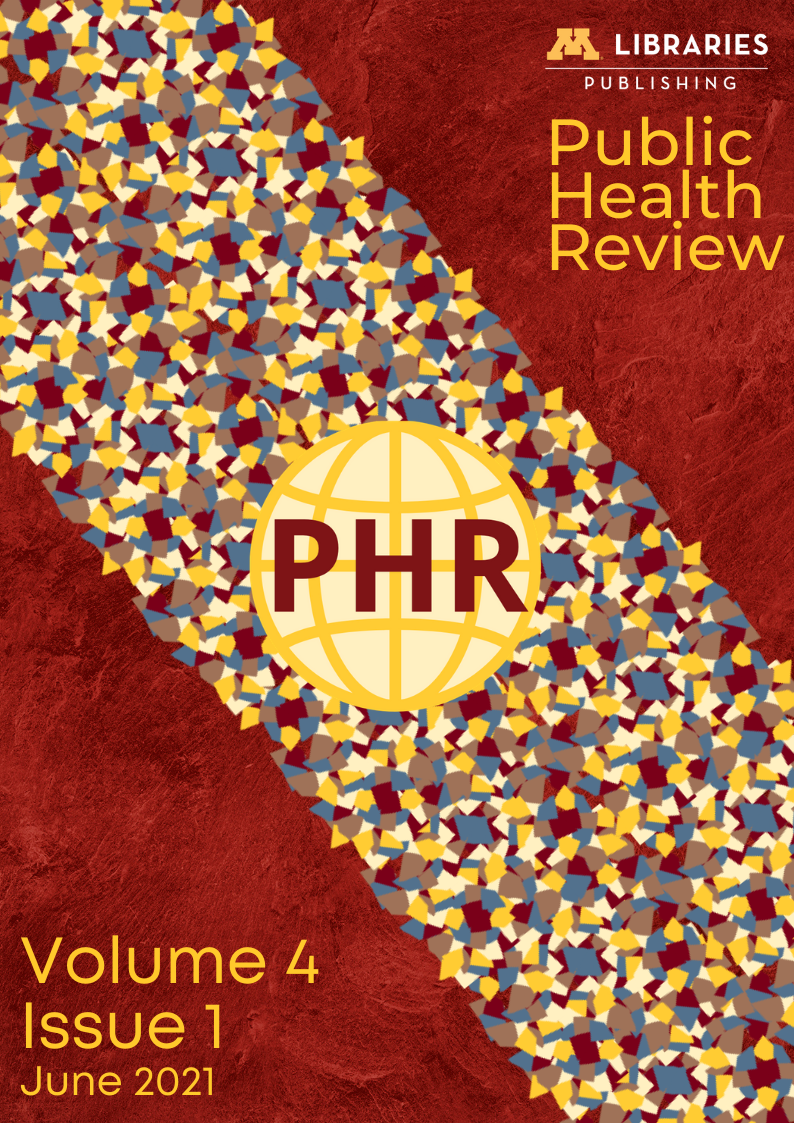“This Will Save Lives”: Evaluating the Illinois Firearms Restraining Order Act (FRO)
Michele Grim
Northeastern University
Abstract
Background: After the Parkland, Florida shooting in 2018, a number of states passed Extreme Risk Protection Orders (ERPOs) that would temporarily remove firearms from those who are at risk of causing harm to themselves or others. Illinois was one of these states and passed the Firearms Restraining Order Act (FRO) in the spring of 2018.
Methods: A qualitative instrumental case study design was used to evaluate the FRO. This research consisted of 13 key informant semi-structured interviews of individuals and organizations involved in the passage and implementation of the Illinois Firearms Restraining Order Act (FRO). Interviews were conducted via phone and in-person between December 2019 and February 2020.
Results: The main theme from the study found that mass shootings were the catalyst for FRO passage, but the implementation will be used as a tool for suicide and domestic violence prevention. Participants noted that Parkland was the main catalyst for FRO passage, however, these laws will most likely prevent more suicides and help with domestic violence prevention. Participants also acknowledged that keeping people safe from firearm violence is a critical factor in the implementation of the FRO.
Conclusions: ERPOs are intended to save lives of those who may be at risk of harming themselves or others. These laws provide an important tool for states who view gun violence as a public health issue. Outcomes from this study will help states guide their legislation and implementation efforts to pass and implement their ERPOs.
Key words: extreme risk protection orders, red flag laws, gun violence, safety, suicide prevention



